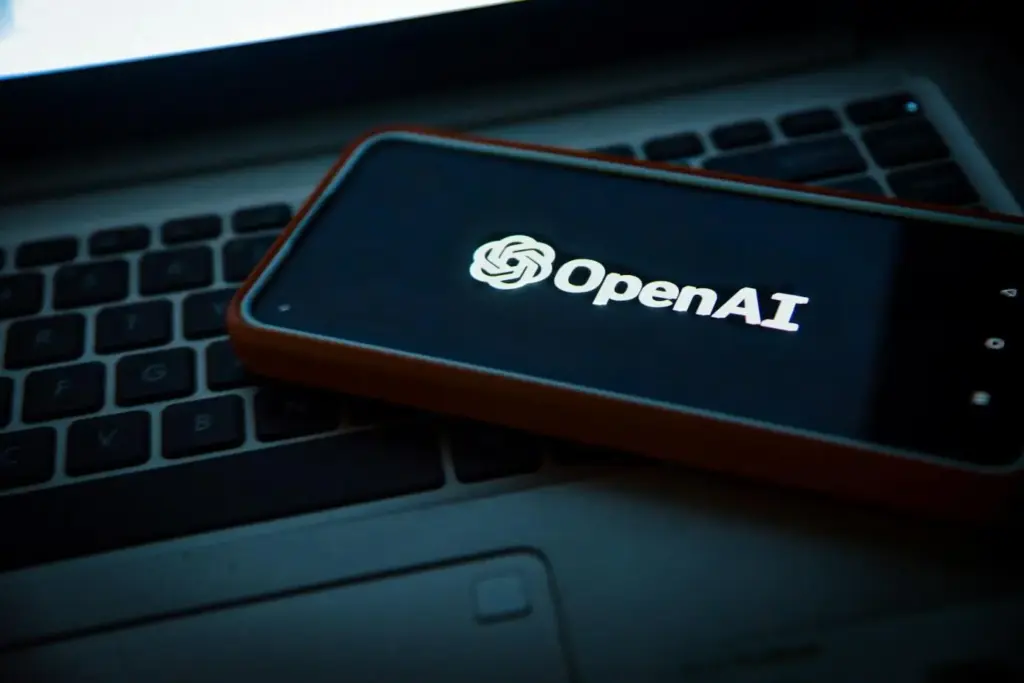For years, OpenAI has been at the forefront of innovation in artificial intelligence, but emerging competitors are challenging its supremacy.
From the ChatGPT chatbot to the AI video creator Sora, OpenAI has pioneered many ground-breaking tools. However, the American research organisation is no longer reigning supreme as its competitors have doubled down on their AI investments.
Although late to the party, Google has been intensifying its focus on AI to catch up with its challengers. Last December, the Silicon Valley group unveiled a new multimodal reasoning model in a bid to surpass OpenAI as the dominant force in the AI industry. Gemini 2.0 Flash Thinking can address complex challenges in areas like programming and mathematics.
More recently, another newcomer to the AI scene has challenged the status quo. Releasing an AI assistant akin to ChatGPT, the Chinese artificial intelligence firm DeepSeek made waves worldwide. Its AI chatbot became the highest-rated free app in the United States. News of its meteoric rise shook the tech market, with leading AI chipmaker Nvidia seeing its stock sink by a whopping 13.6%.
Refusing to lose ground in the AI race, OpenAI retaliated by accusing its Chinese competitors of using its work for their applications. Investigations are being led by Microsoft to determine whether data belonging to OpenAI has been used unbeknownst to the company. Prominent voices in the tech space have voiced similar concerns, with White House AI czar David Sacks asserting that OpenAI had substantial evidence that DeepSeek had been using its models through a machine learning technique known as “distillation.”
Other White House advisers have expressed doubt over China’s DeepSeek allegedly violating the terms and conditions of U.S. companies, effectively emulating the Japanese concept of “kaizen” or “continuous industrial improvement” to propel its technological success by piggybacking on the advances and expenditures made by its rivals. Blocking distillation might prove challenging, however, considering the number of open-source models available to virtually everybody.
Taken aback by the emergence of DeepSeek, OpenAI has also been hit by a string of high-profile resignations. Quitting his four-year job as a safety researcher, former OpenAI employee Steve Adler shared his worries about the technology’s consequences on humanity. The ex-safety officer announced he was stepping down due to concerns over the direction of AI development, which he labelled a “very risky gamble”.
Many researchers have issued similar warnings, fearing that humans won’t be able to control their creation once superintelligence has been achieved – an achievement OpenAI CEO has been hinting at only recently, despite acknowledging in 2023 that the company hadn’t worked out any solution for preventing a superintelligent AI from going rogue.
Still, the AI gold rush shows no sign of abating, for its transformative potential often outweighs any safety or ethical concerns. Several governments have recognized artificial intelligence as a key driver of economic growth. In India, the rapid uptake of DeepSeek has sparked renewed debate on the urgency of developing a foundational AI model locally – a challenge presented to AionOS’s CEO C.P. Gurnani by none other than Sam Altman.
With proper safeguards, AI tools could also transform key industries like retail, healthcare, manufacturing, and energy. Meanwhile, the entertainment sector has led the way in AI adoption. Many film studios and gaming companies have implemented AI solutions to reduce costs and fine-tune development. The iGaming sector has followed suit, integrating AI-driven best practices to enhance cybersecurity for online casinos.
For a safer online experience, players can turn to specialised websites recommending licensed casinos that comply with strict legal standards and prioritise user security. There, they can browse thousands of free slots in India at no risk to their personal information or financial data. Some slots feature an Indian theme, such as Golden Taj Mahal or Bollywood Bonanza. All games run conveniently on mobile with no download or registration needed. Newcomers may grab welcome packages to get started, which often comprise free spins and no-deposit bonuses.
While the entertainment industry has been at the vanguard of AI’s push into the mainstream, the concerns that cloud the technology remain valid. And OpenAI is seemingly in the eye of the storm. Contending with increasing competition, the U.S. giant is also facing an uphill legal battle in India after media groups and book publishers opposed it in a copyright dispute, with similar infringement lawsuits underway in countries like Germany and Canada. It remains to be seen how the AI pioneer will overcome these challenges and reclaim its leadership position.







